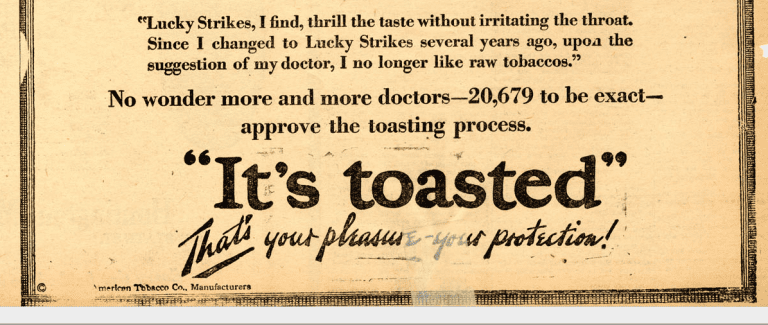Presented for your consideration, our usual Wednesday round of three stories I found interesting this past week.
Dirty Fighting
Kelly Herron was out for a run in Seattle’s Golden Gardens park on March 5th when she stopped at a public restroom. She was attacked by a known sex offender, Gary Steiner. (Apparently rapists can attack a woman in a bathroom without dressing like women, so maybe the whole transphobic panic about that is a crock? But that’s a tangential rant.)
Herron, however, was not having it. She started fighting back, yelling “Not today, motherf—er!” (This is one instance where I chafe at Patheos’s request regarding profanity, as IMHO that battle cry ought to be reproduced in all its glory.)
The fight was not going well for her until she realized, in her words, that “this doesn’t have to be a fair fight.”
That, my friends, is a very important point. Self-defense, real fighting, is not a sporting match. It is not a schoolyard or barroom display of status. If it’s not worth fighting dirty about, it’s not worth fighting about.
I advise my students to consider this in advance. If, fates forfend, your life or the life of someone you love were on the line, how dirty are you willing to fight? You do not want to have to make up your mind about that point in the middle of the battle.
The Normalization of Disease

When do you think the link between cigarette smoking and lung cancer were scientifically established? The 1990s? 80s? 70s?
Would you believe the 1930s? It was 1939 when Alton Ochsner, Sr. and Michael DeBakey published the first paper linking cigarettes smoking with lung cancer.
But as Michael Greger recently pointed out, a smoking society was not ready to accept this evidence. Greger, a leader in lifestyle medicine, was making this point in the context of diet, pointing out how our contemporary medical industry endorses junk food in much the same way that doctors of old endorsed cigarettes.
Just like smoking was normal. How could something that’s so normal be bad for you? And, it’s not like you smoke one cigarette, and fall over dead, right? Cancer takes decades to develop. Since, at that time, most physicians smoked themselves, and could not observe any immediate deleterious effects, they were reluctant to accept even the possibility of such a relation, despite the mountain of evidence.
…
In modern times, you can see hot dogs certified by the American Heart Association, or sirloin tips, for that matter. And, of all foods, which was the first to get the Academy of Nutrition and Dietetics “Kids Eat Right” on their label? Was it an apple? Broccoli, perhaps? No, Kraft prepared-cheese product.
But it also applies to the broader sicknesses of society. The sociology of climate change denialism, or denialism about mass incarceration, or about the rot at the heart of capitalism, is of the same fundamental nature as the decades-long denial of the health effects of smoking.
Privacy Sold Separately
The Internet advertising industry: you will never find a more wretched hive of scum and villainy.
The mind control industry lobby and trade groups American Association of Advertising Agencies, American Advertising Federation, Association of National Advertisers, Data & Marketing Association, Interactive Advertising Bureau, and Network Advertising Initiative recently issued a joyous thanks to Senator Jeff Flake and Representative Marsha Blackburn, after they started the ball rolling on resolutions to eliminate FCC privacy rules for Internet service providers.
With the elimination of these rule, ISPs would be empowered to sell your browsing history and other private data. The FCC’s new chairman, Ajit Pai, opposes these privacy rules, and has already halted implementation of a rule requiring ISPs to take steps to protect customers’ information from theft and data breaches.
Over the past few years this utter lack of respect for privacy has spawned a new industry: the consumer Virtual Private Network, or VPN. VPNs have been around at least since the 1990s, and were originally used to allow remote users to access a company’s internal network. For example, a traveling salesperson might use a VPN (over a dial-up line, in those days!) to get access to the office network, the same as if their computer were directly connected.
But the new market for VPN connects users to a privacy-respecting ISP. The new way of business makes basic respect for your privacy an third-party add-on to your Internet service. Isn’t unfettered capitalism grand?
If you’re not using a VPN yet, you should be. Here are two VPN buyer’s guides to get you started on the road to Internet privacy.













